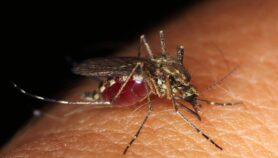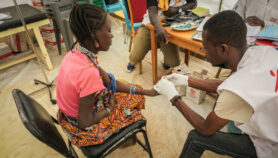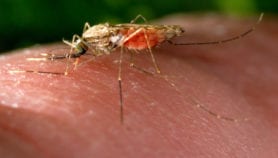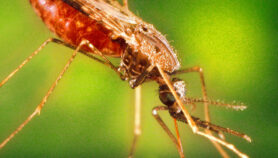Send to a friend
The details you provide on this page will not be used to send unsolicited email, and will not be sold to a 3rd party. See privacy policy.
In any given year, nearly ten per cent of the world’s population will suffer from malaria — 500 million clinical cases — and more than 1 million will die as a result.
And things are getting worse, as malaria is undergoing a resurgence due to the emergence of drug-resistant parasite strains, insecticide resistance in mosquitoes, environmental changes and increased population.
A group of articles in this week’s Nature describe latest research developments, likely future progress and the practical impact that the new knowledge will have.
Reference: Nature 415, 669 (2002)
Malaria in 2002
The pathogenic basis of malaria
The economic and social burden of malaria
Medical need, scientific opportunity and the drive for antimalarial drugs
Progress and challenges for malaria vaccines
Plasmodium, human and Anopheles genomics and malaria
Satellite imagery in the study and forecast of malaria













